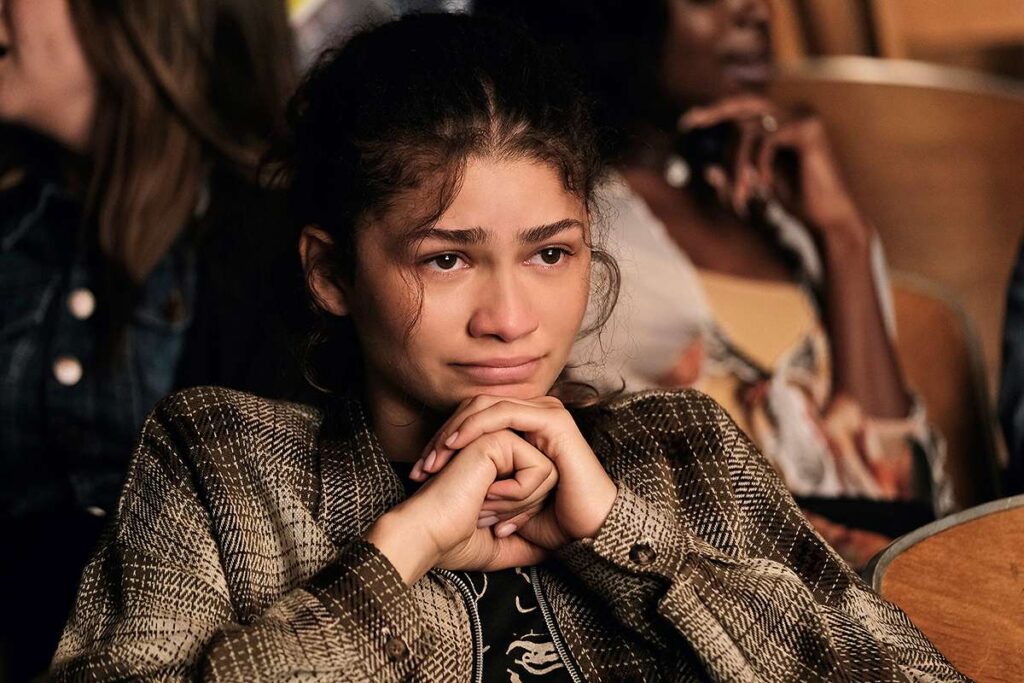Paris Barclay, the president of the Directors Guild of America, weighed in yesterday on the #OscarsSoWhite movement and the new changes to Academy membership that have resulted thereof.
Barclay, the first African-American head of the DGA, certainly talked the talk. Calling “the lack of women and people of color across all aspects of opportunity and employment” in the film industry shameful, he asserted in a DGA statement that the “Directors Guild believes that the industry and the community should be responsible for telling all people’s stories and reflecting the diverse lives we lead.”
Barclay was most forceful when laying the blame for the conditions of #OscarsSoWhite on the studios: “Statistics, pleas, and calls for action have done little to move the needle. It is time to be clear — structural changes are needed. Those who control the pipeline and entryway to jobs must move beyond the ‘old boy’ network and word-of-mouth hiring. They must commit to industry-wide efforts to find available diverse talent that is out there in abundance, or to train and create opportunities for new voices entering our industry. Rules must be implemented to open up the hiring process and rethink the idea of ‘approved lists.’”
As much as we support Barclay’s message (and have been saying the same for years), it would have been more helpful to hear what the DGA proposes to start making that long-needed structural change happen, as well as what kind of accountability the DGA can and will demand from the studios.
Moral support feels nice. But policy proposals — exactly the kind that Barclay himself calls for — would have been better.
Below is Barclay’s statement in full:
The current Oscar controversy has put a spotlight on a condition that has long shamed this industry: the lack of women and people of color across all aspects of opportunity and employment. The Directors Guild believes that the industry and the community should be responsible for telling all people’s stories and reflecting the diverse lives we lead.
Many times, with the best of intentions, a subject that is a symptom of this industry plague, but not the root cause, is targeted. The Academy’s decisions — to broaden its leadership and membership, and to limit voting rights for those no longer active in the industry — are important actions and may lead to greater acknowledgement of more diverse films and people who make them. But this alone will do little to create more choices and get more films and television made that reflect the diversity we all deserve.
Statements, statistics, pleas, and calls for action have done little to move the needle. It is time to be clear — structural changes are needed. Those who control the pipeline and entryway to jobs must move beyond the “old boy” network and word-of-mouth hiring. They must commit to industry-wide efforts to find available diverse talent that is out there in abundance, or to train and create opportunities for new voices entering our industry. Rules must be implemented to open up the hiring process and rethink the idea of “approved lists.”
A small handful of executives had spoken of their intentions to improve — none have put forward a clear plan of action. Only when those who control the pipeline decide to individually, or jointly, take concrete action will we see significant change.







